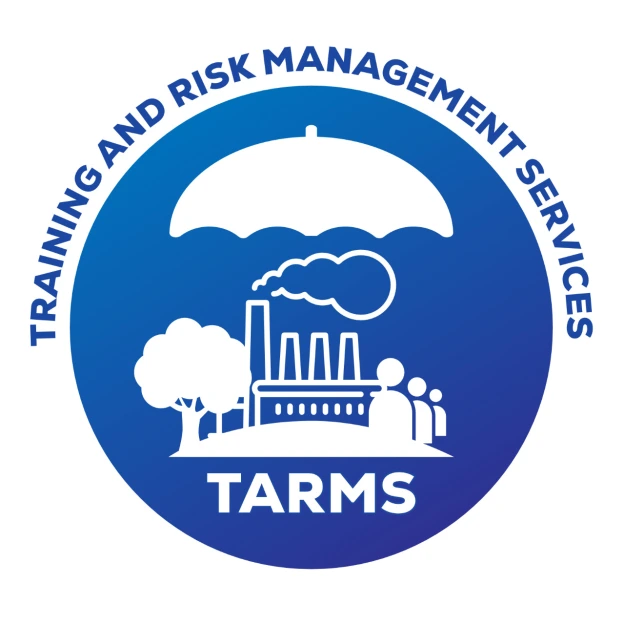Fatigue Behind the Wheel
Our society considers it unacceptable to operate a motor vehicle while under the influence of alcohol. In many areas of the world, the legal limit for blood alcohol concentration (BAC) is .08 percent. At this level, drivers are considered to be impaired. Thinking and reflexes slow down, judgment may be impaired, speech may slur, and there may be problems with memory. Drivers in this condition should not operate, nor should they be allowed to operate, any motor vehicle.
A recent study on the effects of lack of sleep on human performance may force us to look at worker fatigue in the same way. Since fatigue or tiredness is so difficult to measure, the researchers compared impairment due to sleep deprivation with alcohol-induced impairment. While the laboratory setting may not always reflect the real world, the results may surprise you.
Subjects were kept awake and asked to perform four tasks at hourly intervals. The tasks judged the accuracy and speed of subjects on grammatical reasoning and vigilance tests. Findings of the study suggest that after only 20 hours of sustained wakefulness, a person may be as functionally impaired as someone with a BAC of .10 percent. That’s a level of alcohol intoxication greater than the level legally permitted in many areas of the world.
The results of this study support the suggestion that even moderate levels of sustained wakefulness reduce performance to an extent greater than is currently acceptable for alcohol intoxication. Since approximately 50 percent of shift workers typically spend at least 24 hours awake on the first night shift of their work period, these findings have important implications to industries involving shift work.
The results are also important for anyone working extended hours over multiple days or weeks with inadequate periods of rest. Since sleep debt is cumulative, we can expect to see malperformance impairments in workers fatigued due to a lack of sleep.
The Message?
Sleep deprivation needs to take seriously since extended periods of wakefulness can significantly impair worker performance. Most employers have company policies to deal with alcohol and drug use. Some employers are now introducing fatigue management programs to prevent injuries and financial losses. No one would allow an intoxicated person to operate a motor vehicle. Perhaps it’s time to reconsider our attitudes towards allowing someone who hasn’t slept for the past 20 or more hours to operate a vehicle or dangerous equipment.
Lost for words?
Sleep loss means you may have difficulty finding the words for what you want to say. Uh …uh … uh
Taking more risks?
Fatigue causes some people to take more risks as they try to avoid additional effort.
Only a few seconds?
A micro sleep, one of those naps lasting four or five seconds, is long enough for you to travel more than the length of a football field at highway speeds.
Danger signs
If you experience any of these symptoms while driving, take them as a warning that you could fall asleep without meaning to.
- Your eyes close or go out of focus by themselves.
- You have trouble keeping your head up.
- You can’t stop yawning.
- You have wandering, disconnected thoughts.
- You don’t remember driving the last few miles.
- You drift between lanes, tailgate or miss traffic signs.
- You keep jerking the car back into the lane.
- You have drifted off the road and narrowly missed crashing.
If you have even one of these symptoms, you may be in danger of falling asleep.
+92-51-8313339 | +92-344-0500018 | www.tarms.org | info@tarms.org

